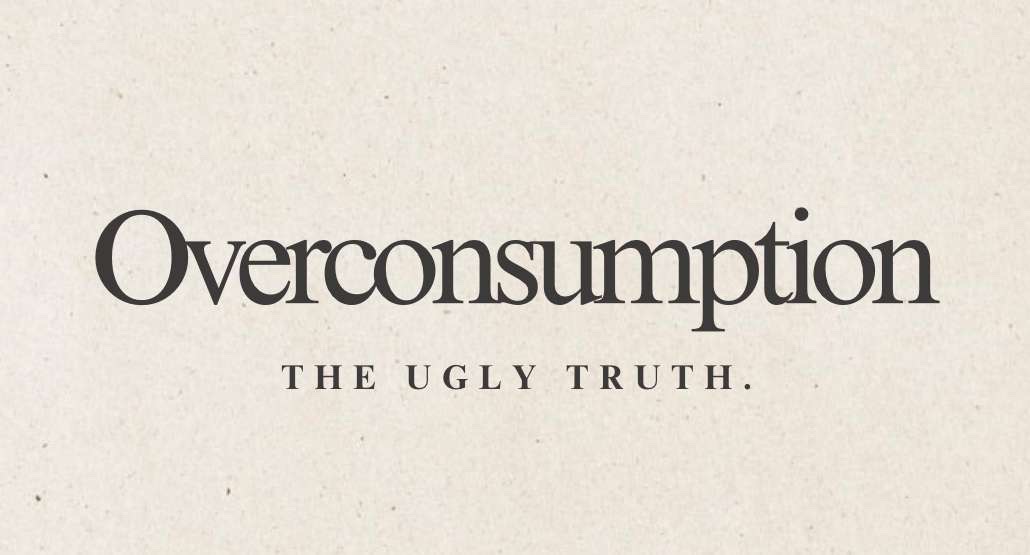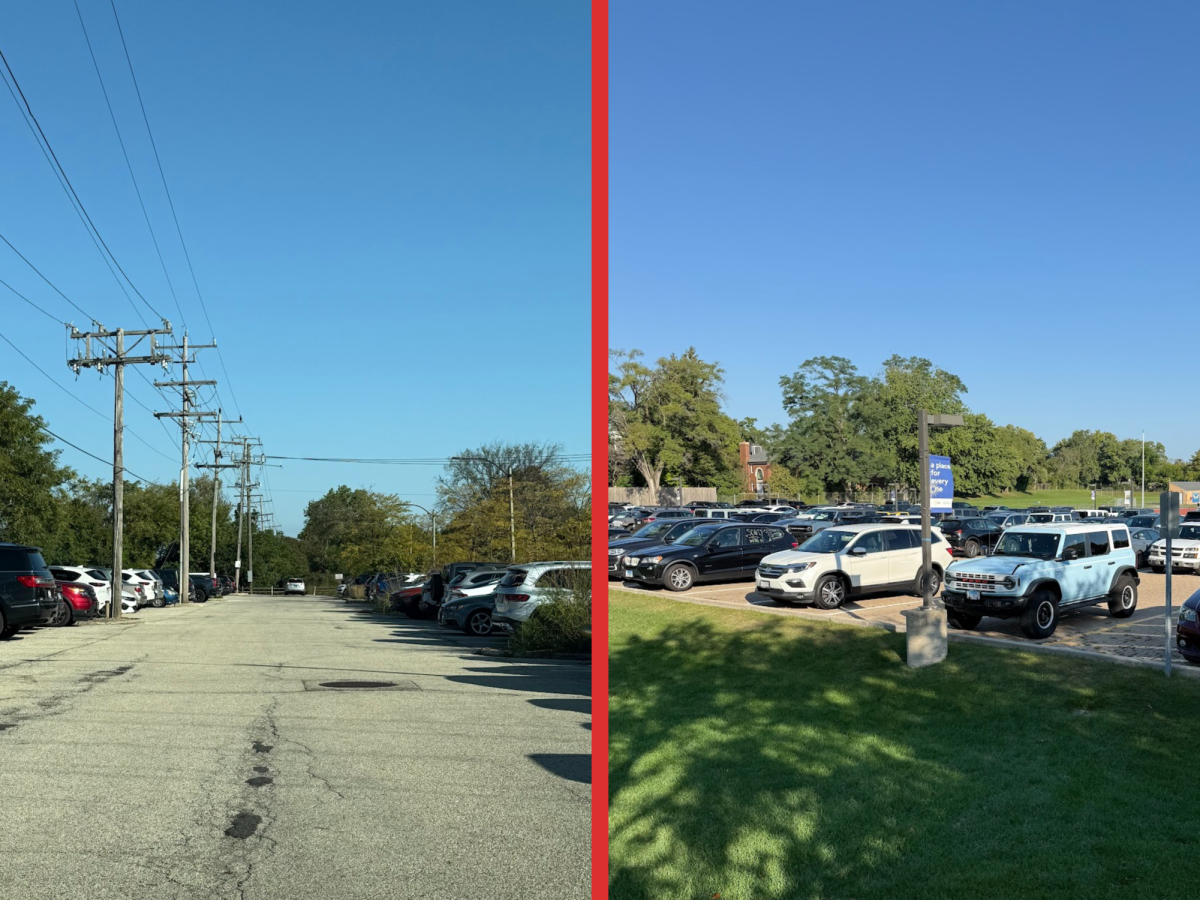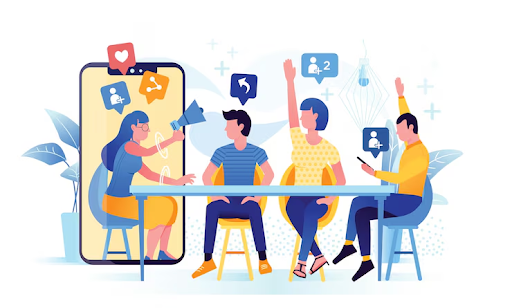Picture this: you scroll through Instagram and TikTok, watching all the new hauls your favorite influencers have posted. You start wondering why they seem to have so much stuff, and if their lives are better because of it. Keen to see if this is true, you order more and more things so that you can be like them. But, soon enough, your bedroom is cluttered with clothes and trinkets that you don’t even touch.
If this hasn’t happened to you yet, that is a surprise. Today, many teenagers and adults purchase unnecessary items just because they like or want them at the moment, but not because they need them. I, for one, have fallen deep into the overconsumption culture, and it’s quickly become a bad habit that has taken over my life.
For the past year now, I’ve been spending more money than I could have ever imagined. I would scroll through my shopping tabs like they were social media, adding things that I deemed good enough to my cart. I had piles of clothes stacked in my closet because there wasn’t enough room to fold or hang them, and many random kits and bags of junk were placed all around my room.
My mom would come in and tell me that I had way too much stuff, yet I continued to shrug her off. My friends would ask me how and why I was buying so much, and my response was always “I don’t know.”
I never really thought of my shopping habits as an issue until I had to go to the store to buy more hangers for the clothes piling up on my floor, or when I could barely open up my desk drawer because of how full it was. That was my breaking point. I started to get stressed out just walking into my room, wondering how I could have let it get this bad. After finally identifying this issue and realizing how much stuff I truly had, I decided to make a change.
Over Thanksgiving break, I decided to do a major deep cleaning and decluttering of my bedroom. I went through each section of my room individually, and it ended up taking the entire day. My thought process was that if I hadn’t used it in the past six months, or it didn’t have any sentimental value, I would get rid of it.
I started off with my bookshelf and I was immediately overwhelmed. I had so many random bags, books, and things that genuinely had no value. I cleaned the bookshelf and immediately felt so much better about myself. I then went behind my chair in my room where there were clothes in piles. These were all clothes that I hadn’t touched in months, and that I hadn’t given away. I sorted through all of them, making separate bags for clothes to sell, donate, and throw away. I went through my dresser drawers and I was beside myself with the trash and junk shoved in there. Afterward, I went through my closet, under my bed, and behind my couch with this same mindset. I threw almost everything away, and although I was struggling to get rid of some things, I knew I would be happier without the clutter weighing me down.
Five trash bags and four donation bags later, I completed cleaning. It felt so good looking at how neat my room was. But, knowing myself, I started to worry that I wouldn’t be able to keep it this way. I decided to make a plan to prevent unnecessary clutter from making its way into my possession.
My plan’s first step is to consider whether the item is a need or a want. If it is a need, I will purchase it, but if it is a want, I will wait two weeks to see if I still like it and weigh the pros and cons. The second step in this plan is to do a weekly reset where I throw away all of the trash and put away anything that is not in the right spot. I believe that these two steps have already been very helpful for me, especially considering the amount of things I started with.
I know that clutter can be very stressful and that most of the time, people don’t know where or when to start alleviating the issue. However, the best way to get something done is for you to truly want it. If you are struggling with overconsumption, I hope this article can encourage you to declutter and bring some organization and peace to your life.









Missy Walsh • Dec 13, 2024 at 7:19 pm
Great article Sophia!
Jason Kowalski • Dec 10, 2024 at 2:34 pm
A simple strategy to reduce overconsumption is to keep your payments (cash, card numbers, etc) in a physical object which cannot accidentally be opened, and to get yourself into the habit of asking “What will this item do for me, and is that worth the price?”
It’s far too easy to think of a price as being “free” or “inconsequential” when systems such as Apple Pay or autofill enable thoughtless purchases. Forcing yourself to count the bills or transcribe the card number provides time to ask yourself what you are doing.